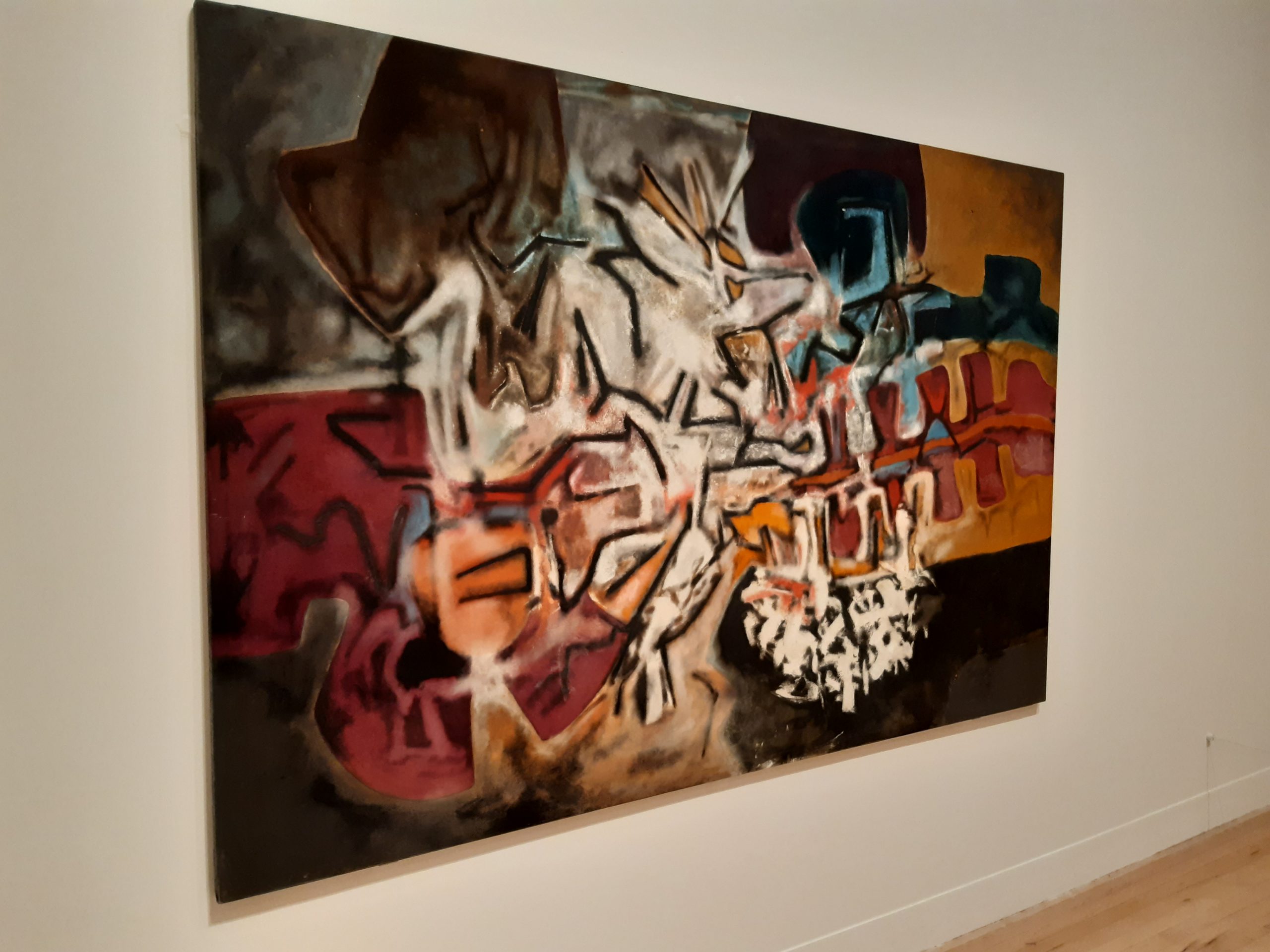CfP Research Workshop‘Changing Resilience: Alternative Vocabularies’ Monday 4 September 2023 University of Stirling, UK In person & online A collaborative research workshop to think through multilingual critical alternatives, from the post/de-colonial arts & humanities, to the all-pervasive discourse of ‘resilience’ and ‘crisis’. Janet Roitman (2014) has argued extensively that the stakes of ‘crisis’ discourse affect
As I explained in my last post, the second historical moment in my project is the Genocide against the Tutsi, which took place in Rwanda in 1994. Questions of resilience, recovery, healing and reconciliation affect the lived reality of many Rwandans to this day, particularly in cross-generational relationships. Fiction stands as one interesting access point
The second key moment my project looks at is the Genocide against the Tutsi, which took place in Rwanda from April to July of 1994. Each year in Rwanda, April 7th begins a national week of mourning, the start of 100 days given over to ‘Kwibuka’ (which means remember in Kinyarwanda). The remembrance period provides
My research broadly focuses on experiences of crisis and disaster in the French-speaking world and their representation in textual form. Within my project, ‘Postcolonial Resilience?’, this research focuses on a number of extreme events since 1980 in order to explore how people’s responses to them are inscribed textually. The first of these key moments that
‘Postcolonial resilience? Débrouillardise in African Texts’ seeks to establish a comparative study of representations of ‘resilience’ in sub-Saharan African texts (1980s-present). The project is funded by an Arts and Humanities research grant from the Royal Society of Edinburgh. The concept underpinning the project is ‘débrouillardise’, a kind of streetwise resourcefulness the meaning and value of
